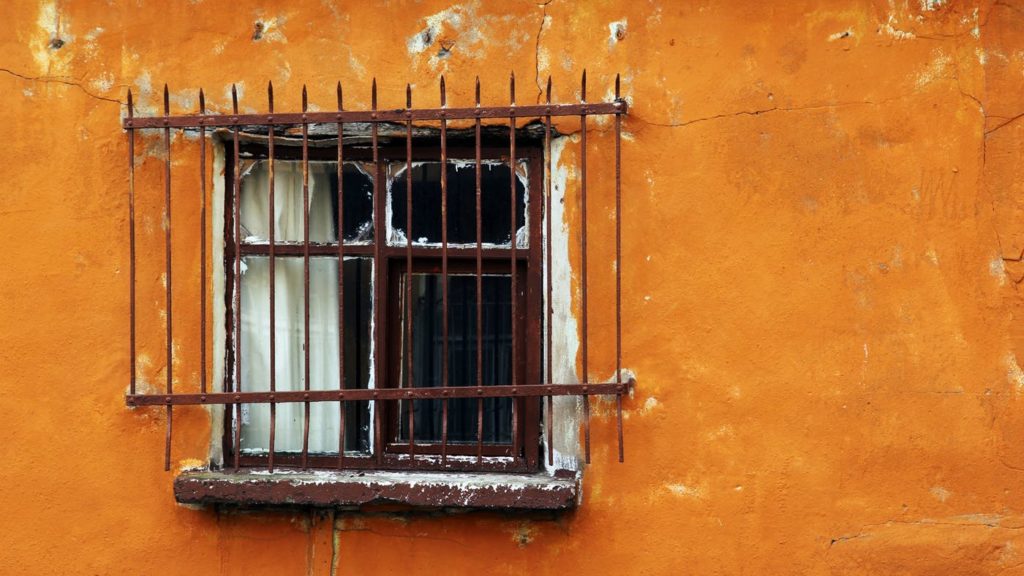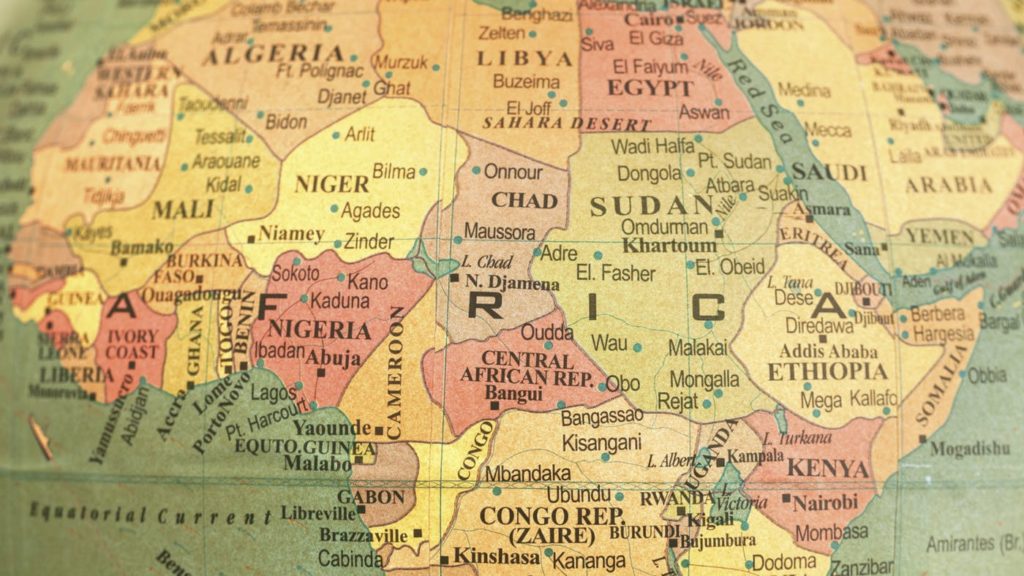China’s Pastors Take Their Stand
 I want you to meet some brave Christian leaders pledging their lives, their fortunes, and their sacred honor.
I want you to meet some brave Christian leaders pledging their lives, their fortunes, and their sacred honor.
When thinking of the golden age of the Church, many of us hearken back to the book of Acts, when Peter and John stood up to the religious authorities, who told them to be silent about Jesus the risen Messiah. “Whether it is right in the sight of God to listen to you rather than to God,” they answered, “you must judge, for we cannot but speak of what we have seen and heard.” Then they prayed for boldness, and the Church exploded across much of the ancient world.
But there’s a golden age for the church going on right now—with the same kind of courage, persecution, and Spirit-empowered growth. Where is it? In communist China.
World missions historians tell us that when all the foreign missionaries were kicked out of Mao’s China a few years after the Second World War, there were probably no more than 3 million believers in Jesus Christ in the whole, vast nation. But today, seven decades later, the Pew Forum on Religion and Public Life counts 67 million Christians of all kinds—35 million independent Protestants, 23 million Protestants in government-sanctioned churches, and 9 million Catholics. Other estimates go even higher.
Whatever the true number is, it’s almost as many as there are members of the Communist Party! Maybe that’s why the government is cracking down on Christians. According to Christianity Today and other news outlets, Under President Xi Jinping, China’s government has been tightening its grip on religious affairs.
In February, regulations aimed at religious groups have brought increased pressure on churches to be “Chinese” culturally and to submit to the authority of the Communist Party. Churches are being told to burn their crosses and replace them with Chinese flags and to display slogans praising the Communist Party. Some are being forced to join the government-sanctioned churches and permit video surveillance of their services.
Meanwhile, in Jiangxi province, authorities have forced at least 40 churches to display banners forbidding foreigners from preaching and anyone under 18 from attending. In August, they even published new rules stating, “Party members who have religious belief should have strengthened thought education.”
In the spirit of Peter and John, a group of at least 250 Chinese pastors has publicly signed a joint statement opposing the new regulations. In the statement they declare that Jesus is Lord of all, offering eternal life to anyone who will repent and believe in Him.
But they also say, in a challenge to the Chinese communists, “God hates all attempts to suppress human souls and all acts of persecution against the Christian church, and he will condemn and judge them with righteous judgment.”
Then, like Peter and John, they pledge obedience not to the earthly authorities but to King Jesus, no matter what. “We declare that in matters of external conduct, churches are willing to accept lawful oversight by civil administration or other government departments as other social organizations do. But under no circumstances will we lead our churches to join a religious organization controlled by the government, to register with the religious administration department, or to accept any kind of affiliation.”
They close their incredible joint statement with the bracing yet sobering words, “For the sake of the gospel, we are prepared to bear all losses—even the loss of our freedom and our lives.”
Friends, is it any wonder that the church in China has grown, and continues to grow? What we’re seeing before our eyes is the golden age of the church in China. How can we not pray for these wonderful brothers and sisters? And more than that, how can we not emulate their costly faithfulness in our own little corner of God’s world?
Copyright © 2018 BreakPoint-All rights reserved
 It’s one of the most dangerous places in the world to be a Christian. What’s going on right now in Nigeria is “pure genocide.”
It’s one of the most dangerous places in the world to be a Christian. What’s going on right now in Nigeria is “pure genocide.” Beyond the crazy guilt-by-association stories, the debate over homeschooling boils down to this: Who is responsible for our kids’ education?
Beyond the crazy guilt-by-association stories, the debate over homeschooling boils down to this: Who is responsible for our kids’ education? Trump, the NFL, and Us: America’s Descent into Triviality
Trump, the NFL, and Us: America’s Descent into Triviality